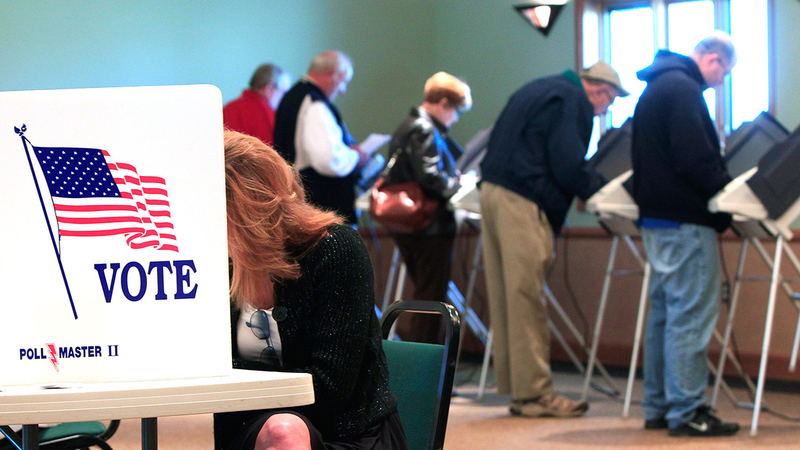Why Texas Is One Of The Hardest States To Vote In
Texas passed a bill which enforces stricter voting laws. Political scientist Ben Ogden explains how these restrictions could affect Texans and future elections.

By Mia Mercer ‘23
Last year the country introduced several different balloting methods which included drive-through polling and 24-hour voting, to make voting easier during the pandemic. But in an attempt to increase voter security, Texas and other states across the country are forbidding last year’s balloting methods.
On Aug. 31, the Texas Legislature passed Senate Bill 1 (SB1) overhauling the state’s elections and cementing Texas as one of the most difficult states in the country in which to vote. Ben Ogden, assistant professor from the Department of Political Science who studies American politics, explains why this bill was passed and what it means for future elections.
“When we teach political science, we teach that the concept of the American Revolution was the idea that we were not being represented in parliament and we deserve a government that represents us,” Ogden said. “The restrictions of this bill serve no security purpose and prevent representation of certain demographic groups which goes against the entire concept that this country was founded upon.”
According to Ogden, the effects of the bill on election laws can be split into two broad categories; one, it ensures local election authorities cannot make changes to balloting methods in future situations, and two, it makes it more difficult to vote absentee.
“For example, counties can no longer send out notices to let you know you have the right to vote absentee because of the claim that those notifications violated election security,” Ogden stated. “Another major thing involves restrictions on what you can do in interacting with people in line for voting. The claim is that since you might be trying to influence a vote, you can no longer give people food or water in line.”
Past political science research revealed voting restrictions don’t have a huge effect on voting turnout, because it equally diminishes turnout across party lines. However, Ogden said this bill could have bigger political consequences.
“It’s hard to tell how exactly this bill will affect future elections until we see the results, but these are stricter restrictions with shorter periods of time to vote, and some of these restrictions disproportionately affect cities by limiting the availability of drop boxes,” Ogden explained. “Because the parties have become so demographically segregated, with the democratic party exclusively winning in urban and suburban areas, these new restrictions can cause big cities to suffer and can possibly improve the state of republicans since republicans tend to be largely located in more rural areas and counties.”
While legislators who supported the bill say it will decrease voter fraud, Ogden said there is not enough evidence of voter fraud being a pressing, systemic issue to warrant these restrictions. Instead, Ogden said these restrictions infringe on voting rights.
“Voter fraud happens on very rare occasions, and there might be instances of voter fraud this might catch,” Ogden said. “But voting is our primary way to solicit the government, which is why we have a concept of voting rights. This bill infringes upon that by making it harder to vote with no actual security interest in anything that makes it harder to vote. It’s not a sufficient answer to say ‘It might root out hypothetical voter fraud that hasn’t been shown to exist.’”
As we approach November election cycles, Ogden said it’s important for Texans to understand the restrictions of this bill and how they can affect the state.
“Texas is demographically changing rapidly,” Ogden stated. “It’s becoming much younger because there is a lot of growing business here (especially in the urban areas), it’s becoming much more urban in the suburbs, and it’s becoming much more educated. All of these are demographics that are changing the political makeup of the state. The whole idea of democratic politics is that people who get elected are supposed to represent the people of the state. Since these restrictions are going to have a disproportionate impact on urban areas, it’s going to stymie the ability for people to elect representatives who actually represent them and that’s worth knowing.”
